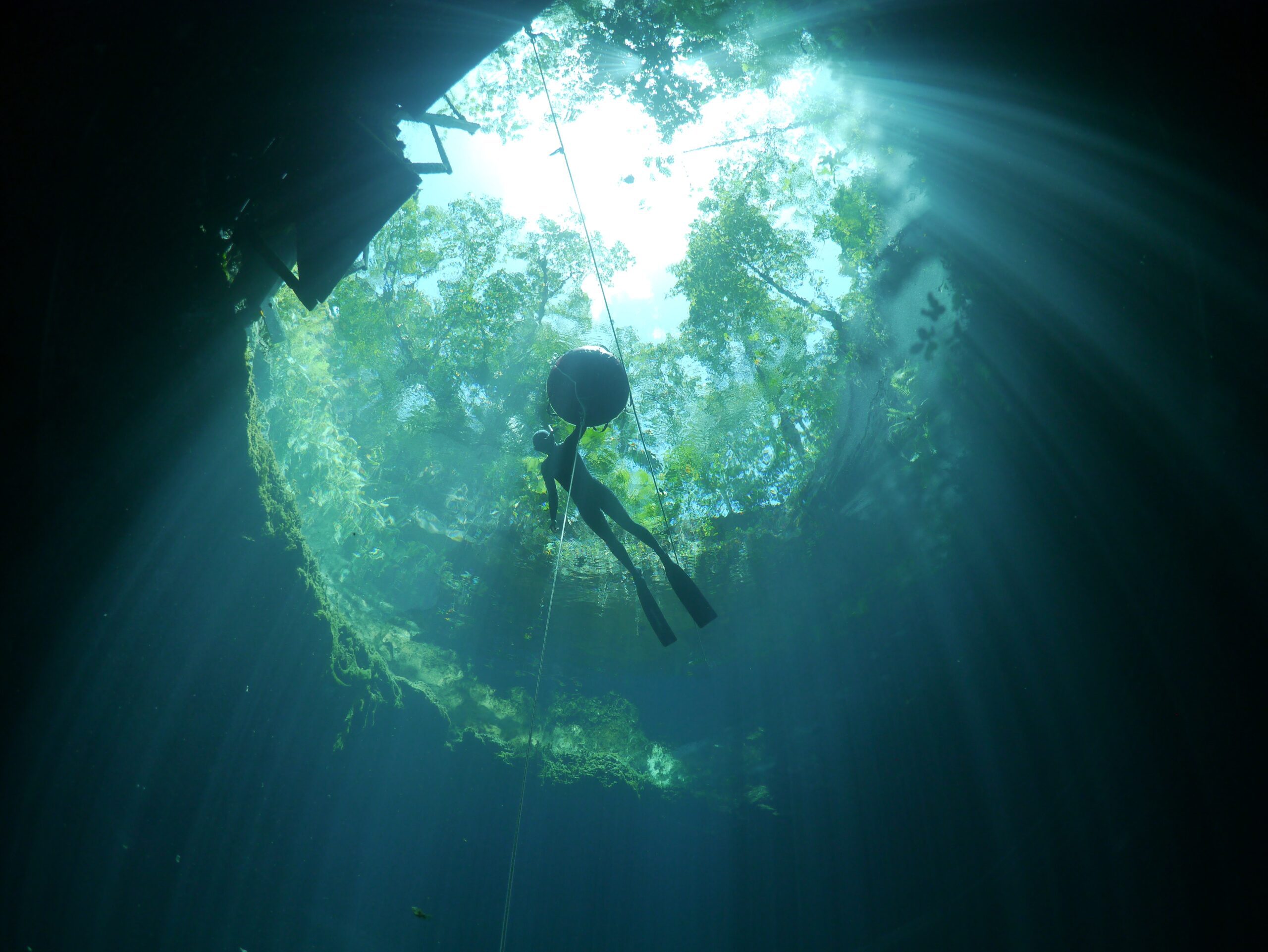Exploring the Depths: A Beginner's Guide to Freediving
Freediving, also known as breath-hold diving, is the art of exploring the underwater world on a single breath of air. It is a fascinating and exhilarating sport that allows you to connect with the ocean in a unique way. If you are interested in trying freediving, this beginner's guide will provide you with everything you need to know to get started.
What is Freediving?
Freediving is a form of underwater diving that relies on the diver's ability to hold their breath rather than using an external source of air, such as scuba tanks. Freediving can be practiced for recreational or competitive purposes, and can involve a variety of activities such as spearfishing, underwater photography, or simply exploring the ocean.
Freediving Techniques
There are several techniques that are used in freediving to increase the amount of time that a diver can hold their breath and descend deeper underwater. Some of the most common techniques include:
Diaphragmatic Breathing: This technique involves breathing from the diaphragm rather than the chest, allowing for deeper and more efficient breaths.
Frenzel Technique: The Frenzel technique involves using the tongue and soft palate to control the air pressure in the mouth and sinuses, allowing for equalization of the ears and sinuses during descent.
Mouthfill: The mouthfill technique involves taking a deep breath and then closing the mouth and trapping the air in the mouth by sealing the lips and cheeks, allowing for greater buoyancy control and longer dive times.
Streamlining: Streamlining the body by reducing unnecessary movements and using a hydrodynamic position can help to conserve energy and increase the distance traveled on a single breath.
Safety in Freediving
Freediving can be a safe and rewarding sport, but it is important to take the necessary precautions to ensure your safety. Some of the most important safety measures to take when freediving include:
Never dive alone: Always dive with a partner who can monitor your safety and provide assistance if needed.
Know your limits: Never push yourself beyond your limits and always dive within your personal level of experience and comfort.
Equalize frequently: Equalization is important to prevent injury to the ears and sinuses, so it is important to equalize frequently and before any discomfort is felt.
Stay hydrated: Proper hydration is important for overall health and can help to prevent shallow water blackout.
Learn from a qualified instructor: Taking a course from a qualified instructor can help you to learn the proper techniques and safety protocols to ensure a safe and enjoyable diving experience.
Source of url :-
https://theomnibuzz.com/exploring-the-depths-a-beginners-guide-to-freediving/
For more info :-

Comments
Post a Comment